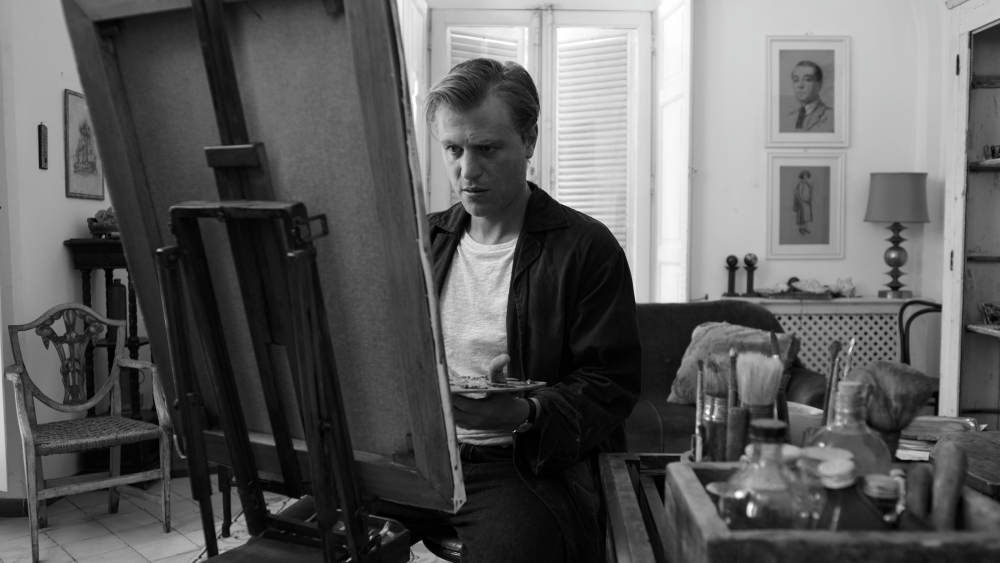‘Ripley’ Production Designer on Crafting a Murderous Black-and-White World
[ad_1]
In building the world of Netflix’s “Ripley,” production designer David Gropman needed to incorporate grand Italian train stations and works of art from the early 1960s.
The series, shot in black and white, is based on Patricia Highsmith’s novel “The Talented Mr. Ripley,” about a con artist named Tom Ripley (Andrew Scott), who befriends a wealthy shipping heir, Dickie Greenleaf, played by Johnny Flynn.
Gropman began his plunge into designing the look of the show by studying photography books with images of the time and place. “Neo Realismo: The New Image in Italy 1932-1960” was his style bible. He further utilized work by legendary photographers Pietro Donzelli, Bert Hardy, David Seymour, Herbert List and Mario Cattaneo to help visualize what this 1960s world would look like.
In particular, Gropman needed to find the right kind of train station in Italy, since the characters travel a lot around Italy.
Before the pandemic forced a production shutdown, Gropman visited the train museum in Milan. “They had all the trains there and an inventory of the different styles. So, when we were able to shoot, we were able to choose the period-matching cars we wanted,” he explains.
Gropman and his team built the interior cabins and compartments of trains, but his biggest challenge was finding actual train stations. While Naples had two stations with good architecture, the production would not have control of the tracks. His solution was to build what was needed. In the end, he ended up constructing a 300-foot-long platform at a railyard in Rome. “We built the columns and pillars that went down the platform, and everything else was created thanks to visual effects,” Gropman explains.

“Ripley” re-created a Rome train station.
Art also features prominently in the series, with Ripley falling in love with Caravaggio’s paintings after Dickie takes him to the Galleria Borghese in Rome. The characters also visit more places to see the painter’s works.

Tom’s Rome Apartment
Gropman says two of the Caravaggios in situ in cathedrals were real, including “The Calling of St. Matthew,” “The Inspiration of St. Matthew” and “The Martyrdom St. Matthew.”
However, other works were re-created by a scenic artist.
Picasso’s “The Guitarist,” which hangs in Dickie’s villa, was also a re-creation. The Picasso estate gave Gropman a digital file, which they printed. Says Gropman, “Our scenic artist Valentina then painted over it to give it the texture it needed.”
[ad_2]
Source link

